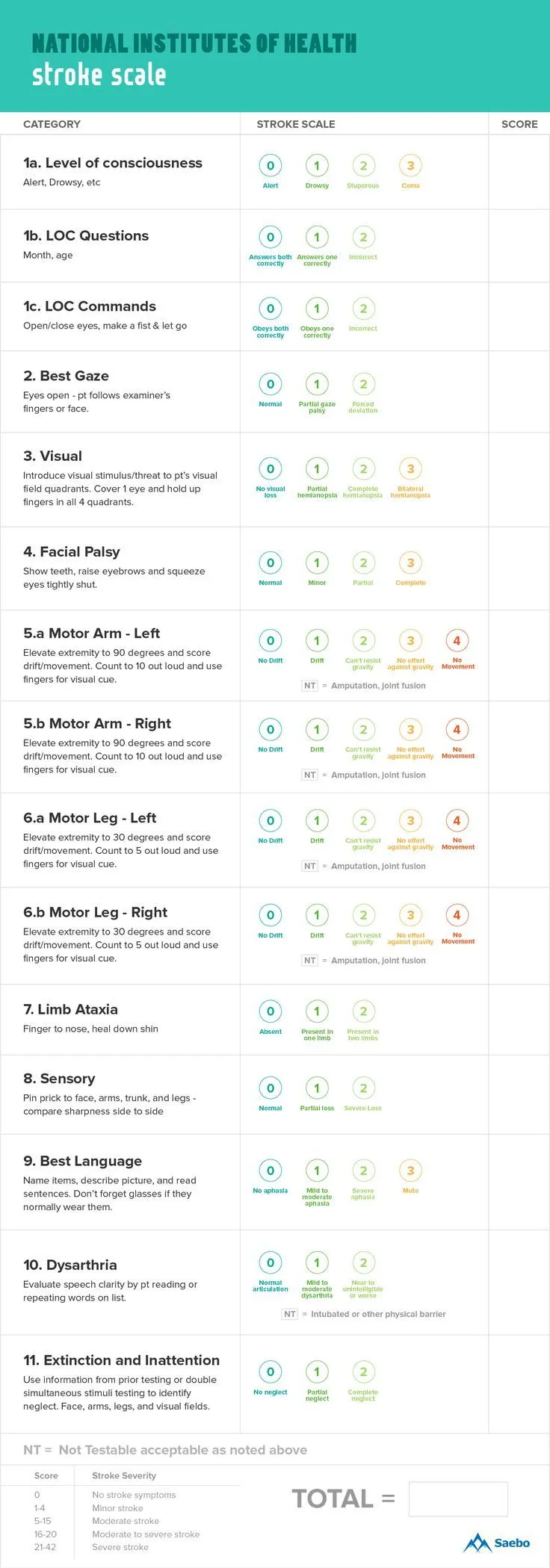Shocking NIH Findings: What They Mean for Your Health in 2025!
Breaking news reveals a critical turning point in American healthcare that could impact millions of lives.
The National Institutes of Health (NIH) has released groundbreaking research that paints a stark picture of health challenges facing the United States in 2025. Life expectancy has plummeted to just 76 years, marking a significant decline that experts are calling a “national health crisis.”
The Alarming Reality
Recent NIH investigations have uncovered multiple critical factors contributing to this dramatic health downturn. Key findings include:
- Unprecedented decline in life expectancy
- Systemic healthcare disparities
- Rising mental health challenges
- Increasing preventable health risks
“We’re witnessing a health emergency that requires immediate and comprehensive intervention,” says Dr. Elena Rodriguez, a leading NIH researcher. The report highlights that Americans are now more likely to die before age 50 compared to citizens in other developed nations.
Root Causes Exposed
The research points to several critical underlying issues:
- Drug overdoses continue to plague communities
- Gun violence remains a significant public health threat
- Social isolation contributes to mental health deterioration
- Child poverty impacts long-term health outcomes
Secretary of Health and Human Services Xavier Becerra emphasized that these challenges are not isolated incidents but interconnected systemic problems requiring holistic solutions.
Economic and Social Implications
With an annual budget exceeding $40 billion, the NIH is positioned to drive meaningful change. The research suggests targeted interventions could potentially:
- Reduce healthcare disparities
- Improve access to mental health services
- Address socioeconomic factors affecting health
- Develop preventative healthcare strategies
Maternal Health in Crisis
One of the most alarming findings is the dramatic increase in maternal mortality rates. The NIH reports that maternal health has reached unprecedented levels of risk, particularly for marginalized communities.
What This Means for You
Individuals can take proactive steps to protect their health:
- Prioritize mental health screenings
- Engage in community support networks
- Advocate for comprehensive healthcare reforms
- Maintain preventative health practices
“Our health is a collective responsibility,” notes Dr. Rodriguez. “Understanding these challenges is the first step toward meaningful change.”
Looking Forward
The NIH recommendations include:
- Adopting successful health policies from other countries
- Implementing universal healthcare strategies
- Investing in community-based health initiatives
- Addressing root causes of health disparities
A Call to Action
While the findings are sobering, they also present an opportunity for transformative change. The NIH research serves as a critical wake-up call for policymakers, healthcare professionals, and citizens alike.
Conclusion
The 2025 NIH report is more than just statistics—it’s a roadmap for potential health transformation. By understanding these challenges, we can work collectively to create a healthier, more resilient future for all Americans.
Stay informed, stay proactive, and prioritize your health.
Note: This article is based on current NIH research and expert analysis. Individual health experiences may vary, and readers are encouraged to consult healthcare professionals for personalized medical advice.






Leave a Comment